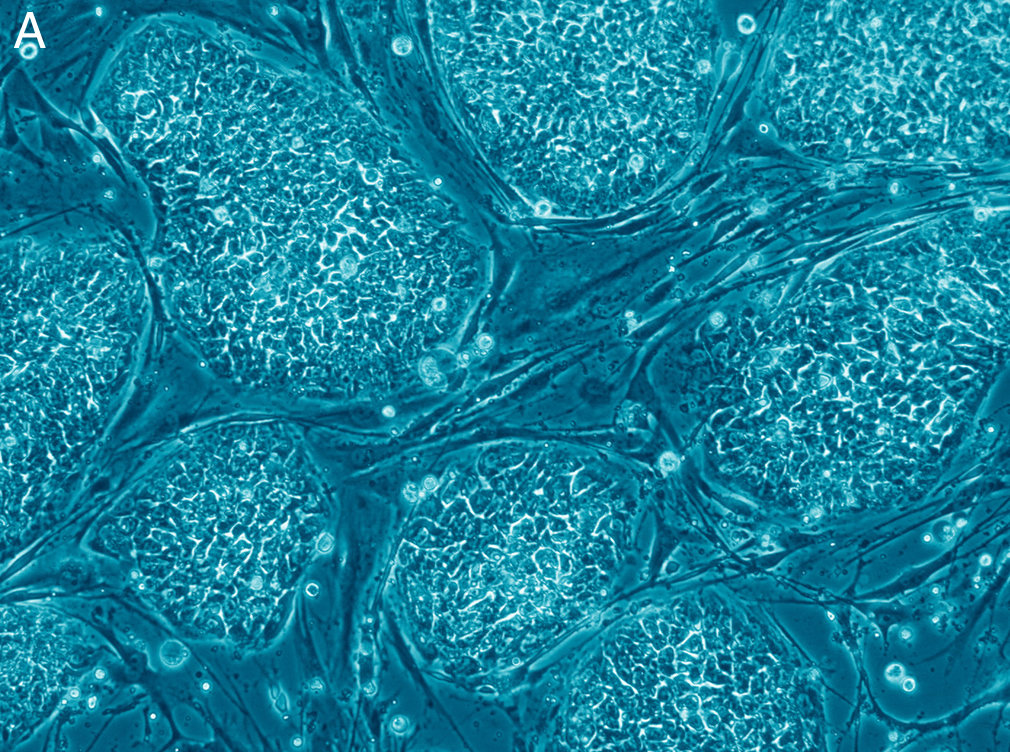Aggregated News

Researchers at the Francis Crick Institute have revealed that CRISPR-Cas9 genome editing can lead to unintended mutations at the targeted section of DNA in early human embryos. The work highlights the need for greater awareness of and further research into the effects of CRISPR-Cas9 genome editing, especially when used to edit human DNA in laboratory research.
CRISPR-Cas9 genome editing is a widely used research tool which allows scientists to remove and replace sections of DNA in cells, allowing them, for example, to study the function of a given gene or to repair mutations. Last year, the researchers who developed CRISPR-Cas9 were awarded the Nobel Prize in Chemistry.
In their study, published in PNAS today (9 April), Crick scientists retrospectively analysed data from previous research where they had been studying the role of the OCT4 protein in human embryos during the first few days of development.*
The team found that while the majority of CRISPR-Cas9-induced mutations were small insertions or deletions, in approximately 16% of samples** there were large unintended mutations that would have been missed by conventional methods to...



